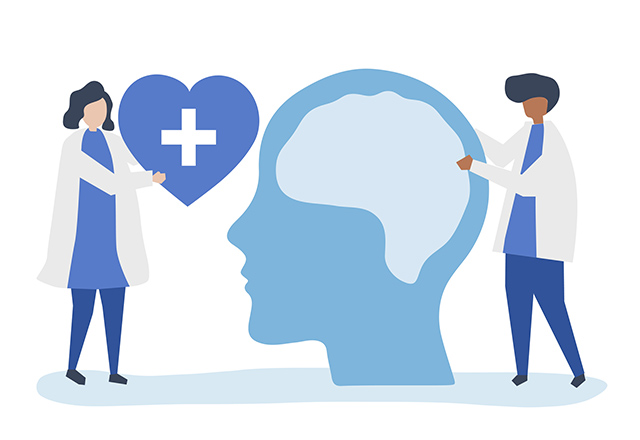From Burnout to Balance: Medical Students’ Mental Health in Crisis
Behind the stethoscopes, white coats, and long hours of study, a troubling crisis unfolds—excessive work hours, unending exams, and immense pressure to excel. While society often views doctors as strong and resilient heroes, more and more future doctors are burning out even before they graduate. The irony is striking: those trained to heal others often suffer in silence themselves.

The Alarming State of Medical Student Mental Health
A landmark meta-analysis published in JAMA revealed that:
- 27.2% of medical students worldwide experience depressive symptoms
- 11.1% report suicidal ideation
- Only 15-20% seek help
- 50-75% of doctors experience burnout during training
What Drives Medical Student Burnout?
Burnout is not just “being tired”—it’s a state of emotional exhaustion, depersonalization, and a reduced sense of achievement. Several overlapping factors contribute to this phenomenon:
1. Overwhelming Workload and Academic Pressure
With endless exams, ward duties, packed schedules, and an average of 4-6 hours of sleep, students often feel:
“I feel like I’m constantly running a race I can’t finish,” said one 4th-year student in a BMJ mental health survey (2023).
2. Isolation and Competitive Culture
Many students adopt the belief that struggle is normal in med school and don’t seek support. The competitive environment encourages the fear of being seen as “weak” and prevents students from seeking therapy or taking breaks.
3. Emotional Toll of Clinical Rotations
Clinical rotations expose students to trauma, patient death, medical errors, and ethical dilemmas—without providing sufficient emotional training or support to deal with this stress.
4. Financial Stress & Career Uncertainty
Increasing tuition fees, living expenses, and concerns about future residency opportunities contribute to ongoing stress—particularly in nations such as Pakistan, India, and even the UK.
Voices from the Frontlines: Medical Students Speak Out
“I remember studying for Step 1 while battling panic attacks. I was terrified to tell anyone because I didn’t want to be labeled as ‘unstable.'” – Anonymous M3
“The worst part wasn’t the workload—it was the guilt. If I took a day off, I felt like I was failing.” – Reddit user
These stories highlight a toxic cycle: pressure → burnout → silence → worsening mental health.

Coping Strategies: From Crisis to Care
Fortunately, a shift is starting to occur. Studies now endorse various evidence-based approaches that assist students in coping with stress and avoiding burnout:
1. Mindfulness-Based Stress Reduction (MBSR)
This structured 8-week program teaches meditation and self-awareness, showing immense benefits in reducing anxiety, improving sleep, and even improving academic focus.
A recent 2025 review found mindfulness programs reduced burnout scores by 30-40% among medical students.
2. Peer Support & Mentorship
Programs that connect students with other students or senior mentors should be introduced as they reduce feelings of isolation and create safe spaces for discussion.
3. Curriculum Reforms
Some schools have adopted pass/fail grading systems, mandatory mental health breaks, and reduced working hours, which have seen significant improvements in student well-being.
4. Accessible Campus Counseling
The availability of round-the-clock mental health services and policies allowing students to take leave without penalties are having a significant impact—particularly in European and North American institutions.
5. Address Financial Strains
Reducing tuition fees, forgiving loans and providing financial literacy training can ease economic anxiety.

Healing the Healers
Medical students are the future of healthcare—but how can they care for others if no one cares for them?
It’s time to move from burnout to balance as real change requires systemic shifts—institutional policies that prioritize mental health, a culture that embraces vulnerability, and a training model that values balance as much as knowledge.
We don’t need tougher doctors. We need healthier ones.